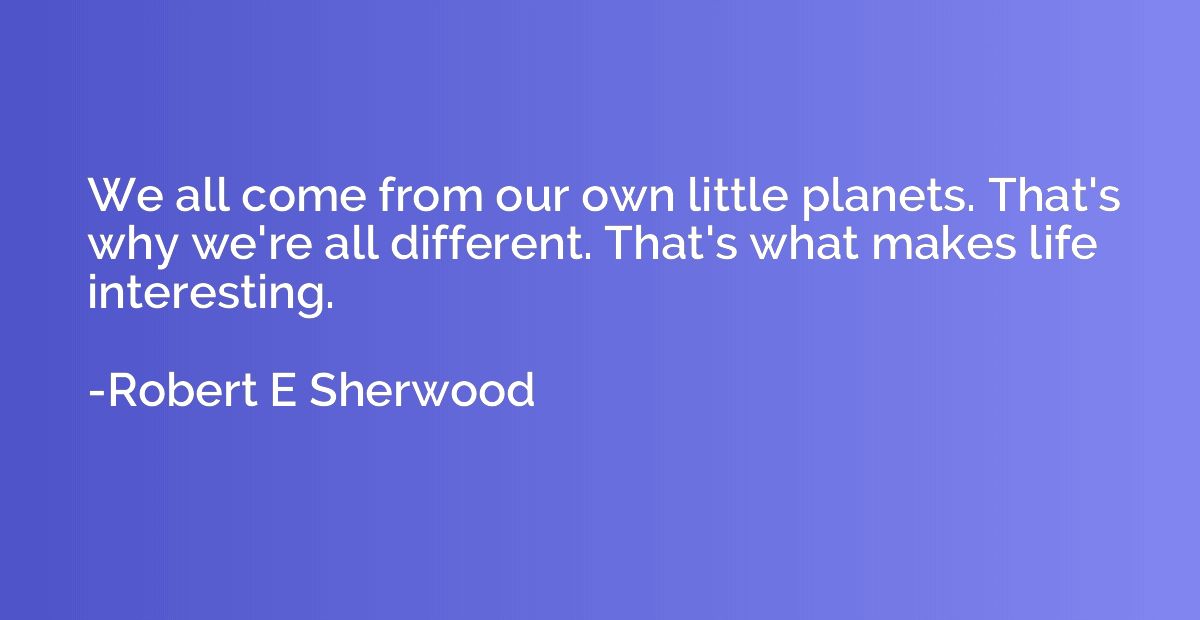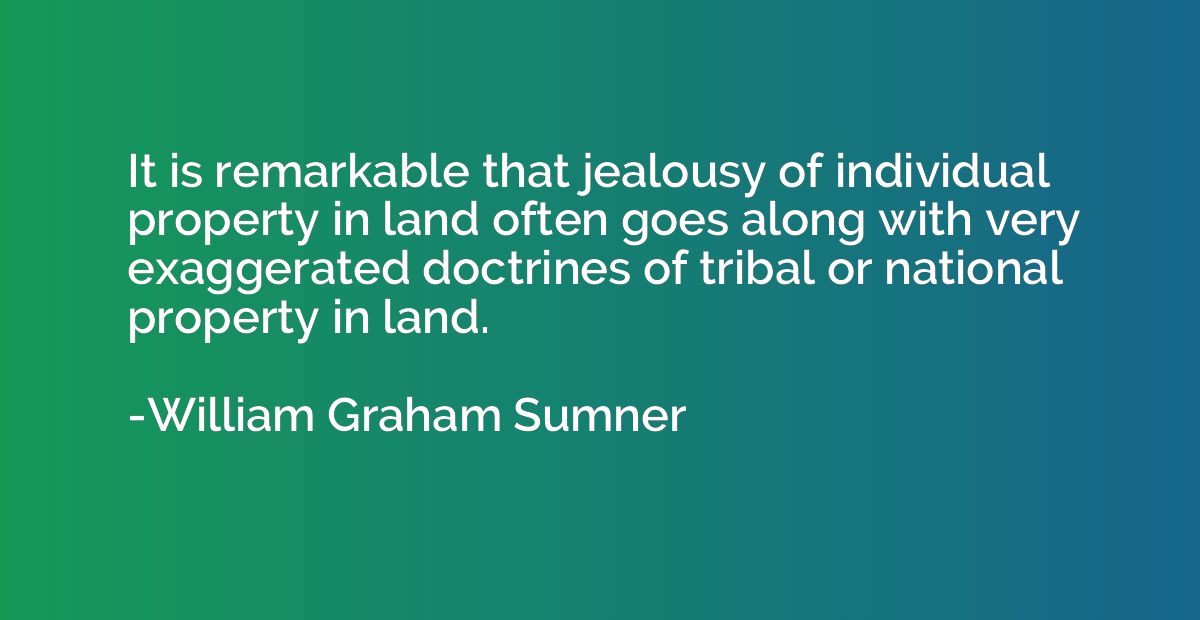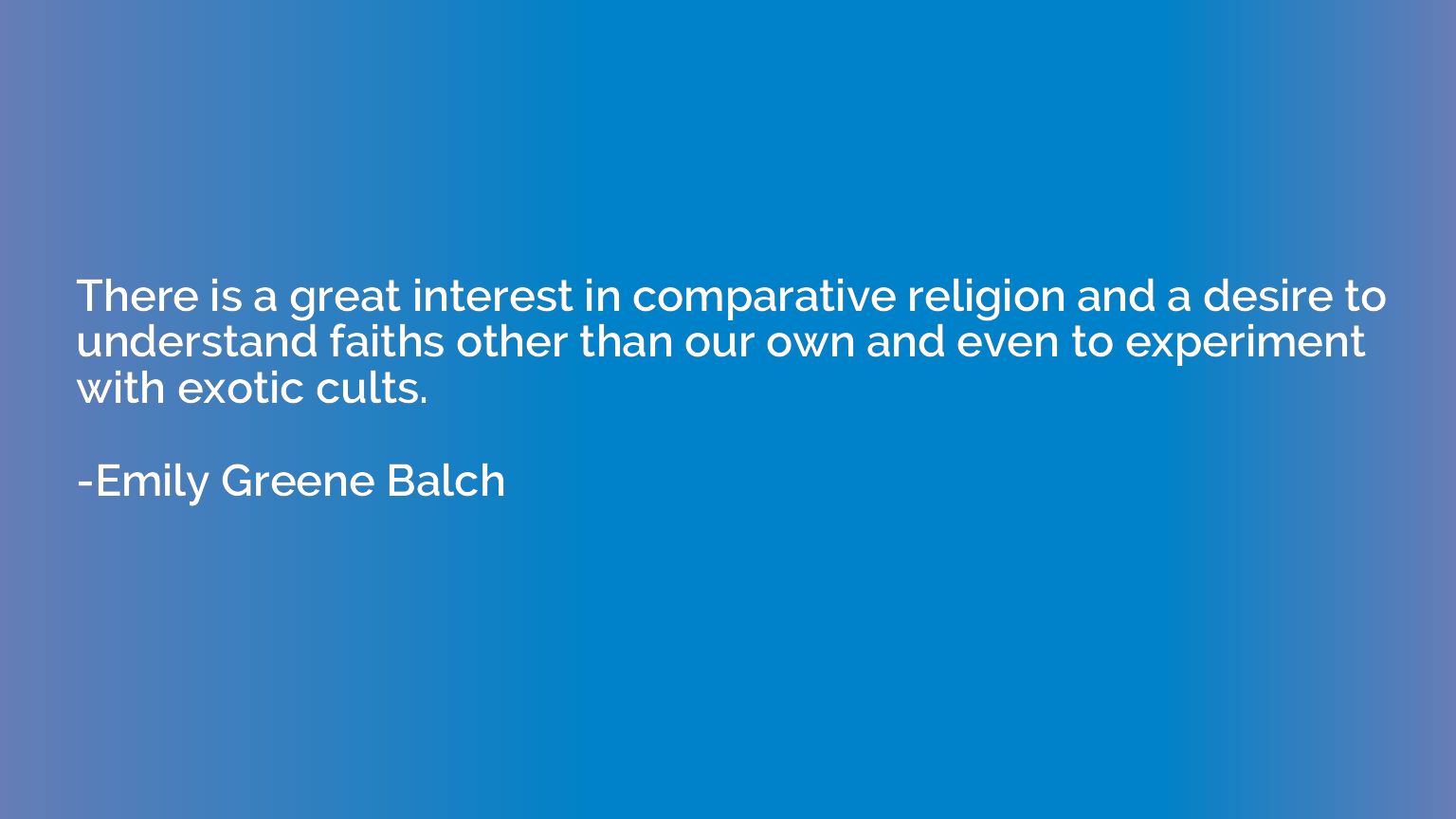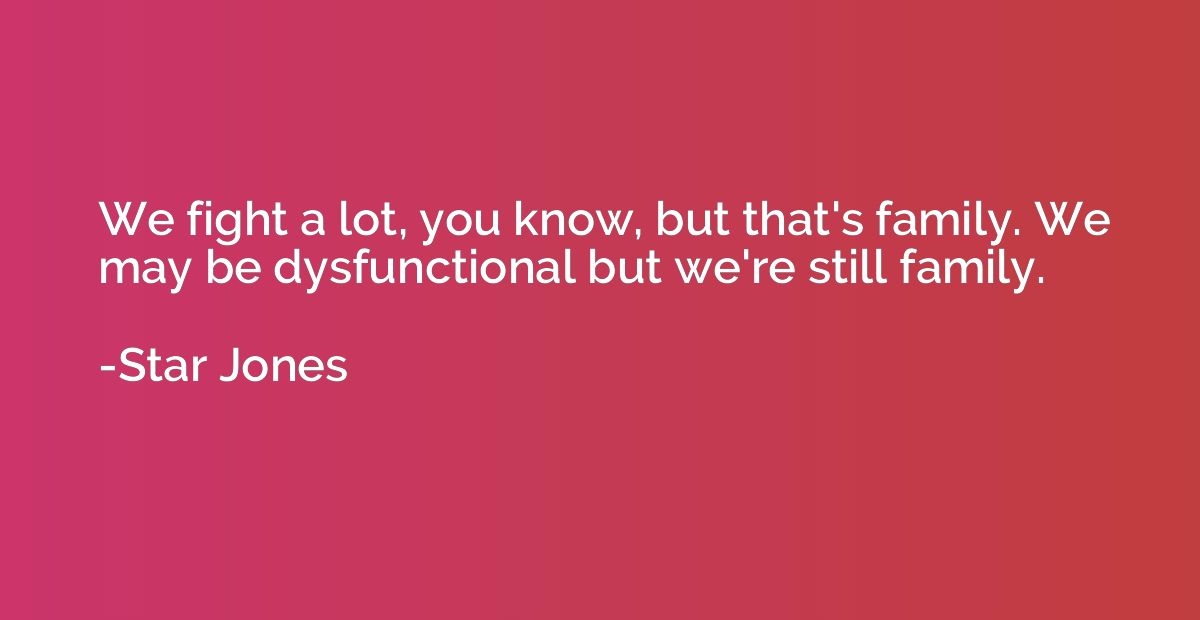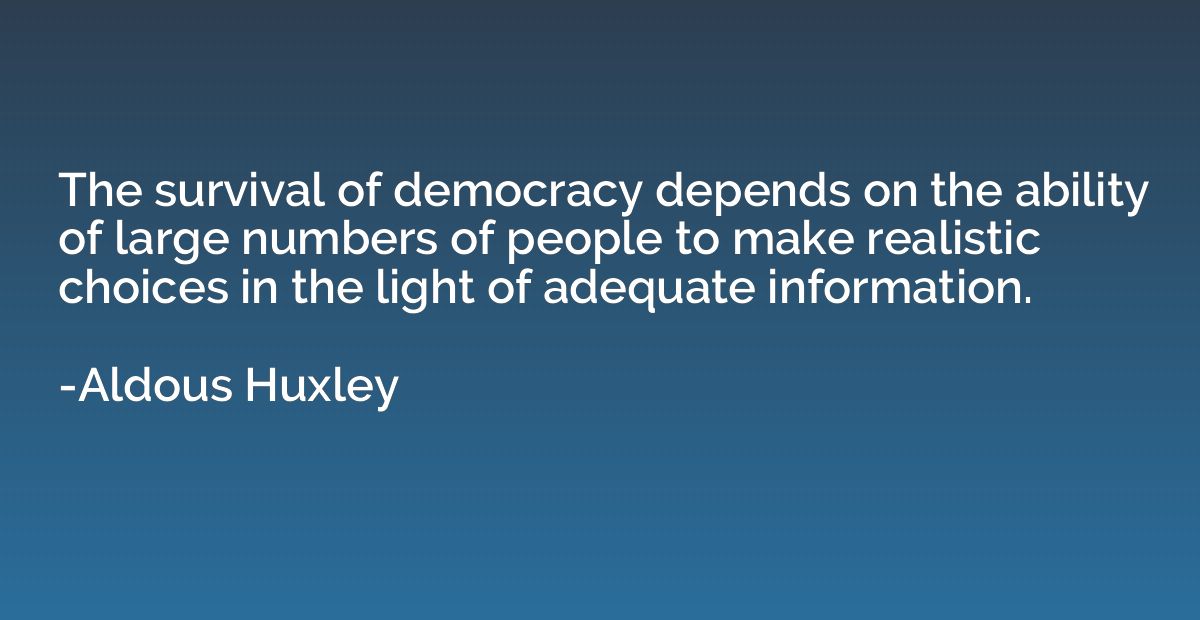Quote by Emile Durkheim
Man's characteristic privilege is that the bond he accepts is not physical but moral; that is, social. He is governed not by a material environment brutally imposed on him, but by a conscience superior to his own, the superiority of which he feels. Because the greater, better part of his existence transcends the body, he escapes the body's yoke, but is subject to that of society.
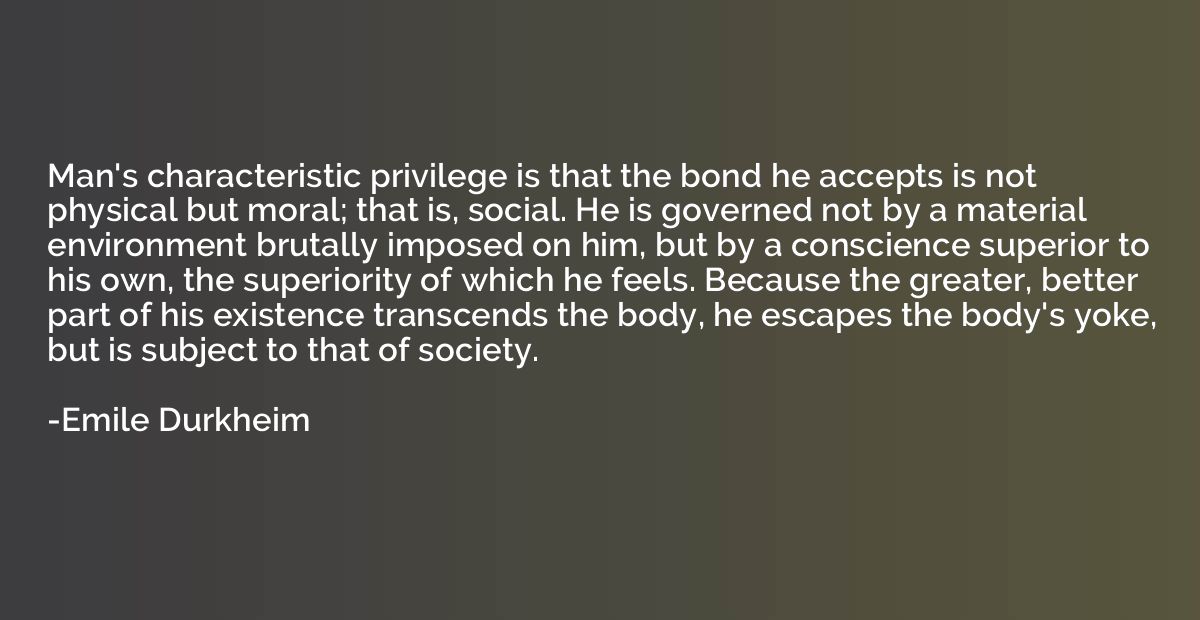
Summary
In this quote, the author highlights the distinctive quality of human beings, stating that their privileged bond lies not in physical connection, but in moral and social relationships. Unlike other animals, humans are governed not solely by their physical surroundings, but by an inner guiding principle - their conscience. This internal moral compass, which the individual recognizes as superior to their own self-interest, allows humans to rise above the limitations of their physical bodies. However, this freedom from bodily constraints comes at the price of being bound to the expectations and rules of society, emphasizing the significance of social relationships in shaping human behavior.




